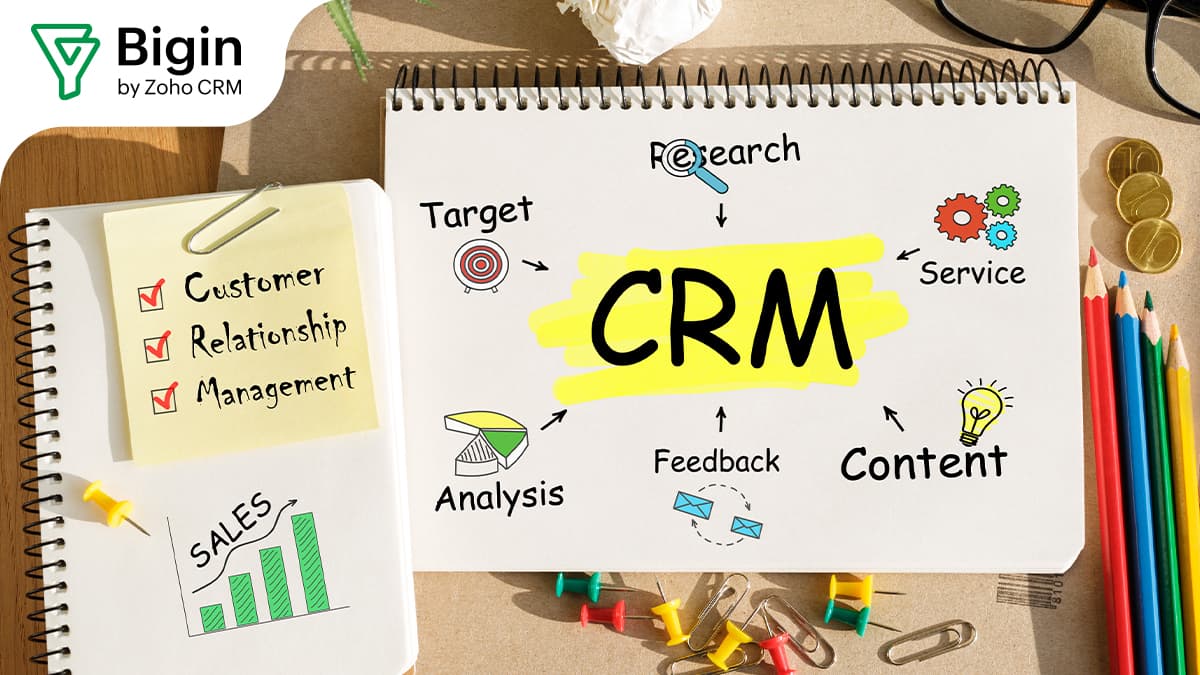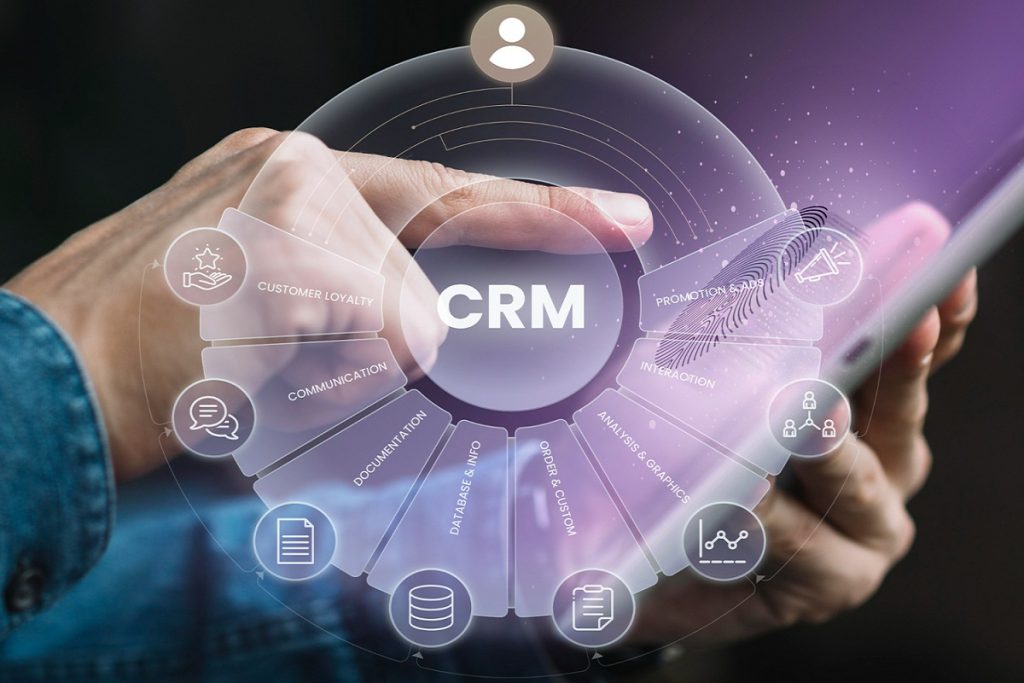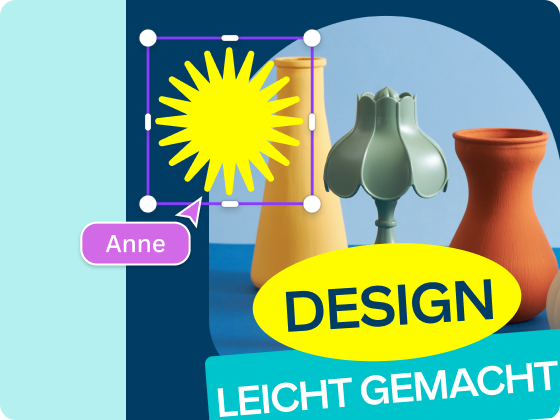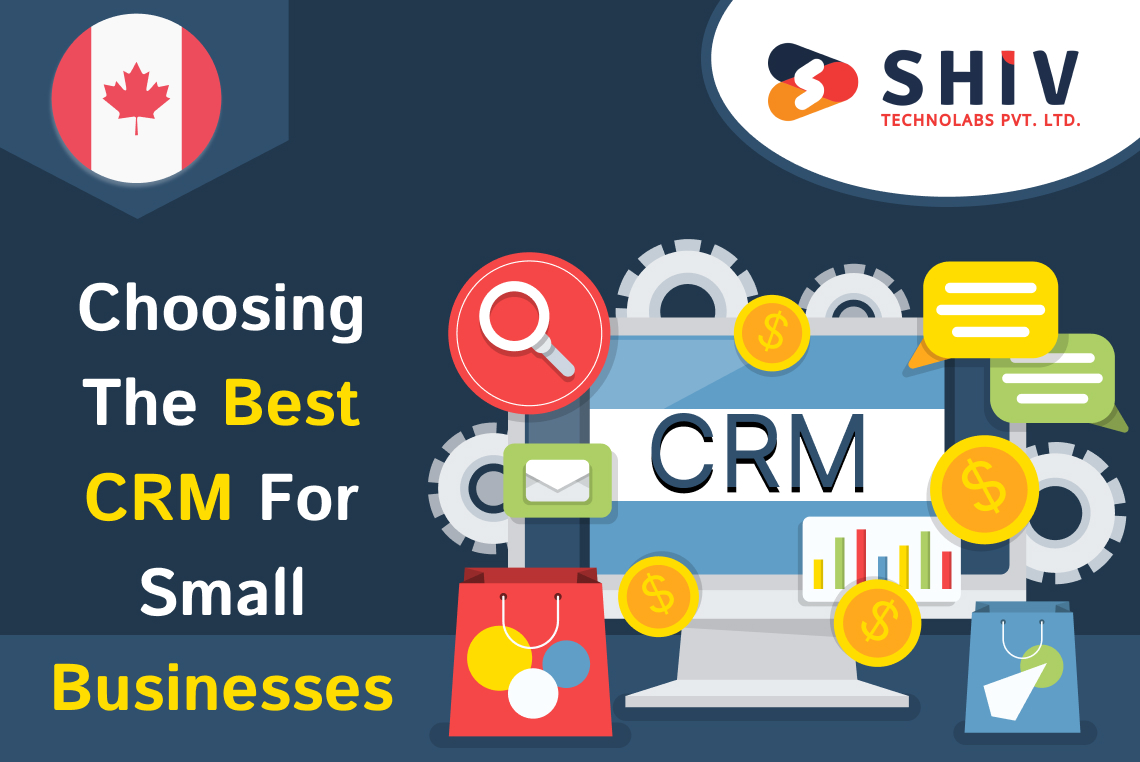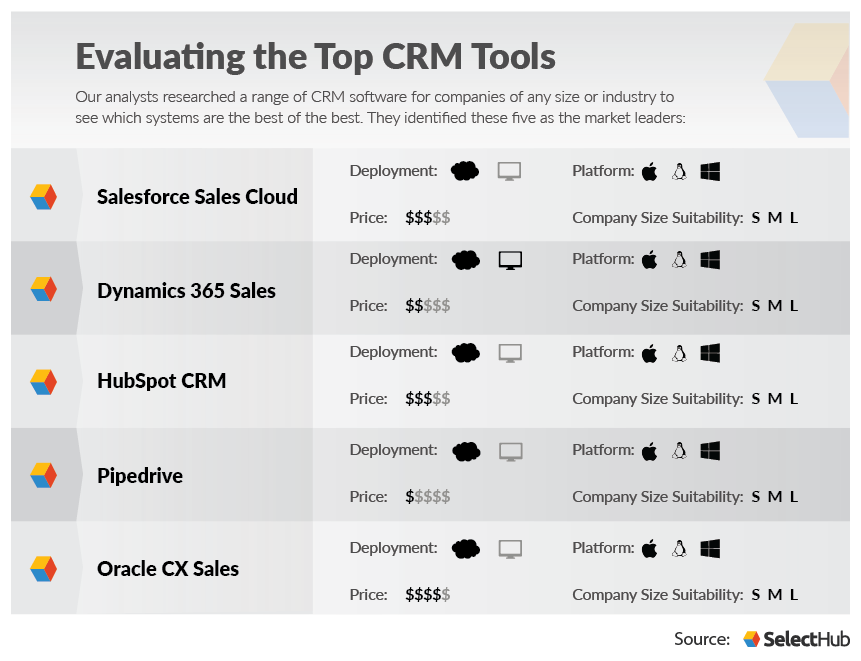Unlocking Event Success: A Comprehensive Guide to CRM Marketing Event Planning

In the dynamic world of marketing, the ability to connect with your audience on a personal level is paramount. And what better way to foster these connections than through well-planned and executed events? But simply throwing an event isn’t enough. To truly maximize the impact of your events, you need a strategic approach that integrates seamlessly with your Customer Relationship Management (CRM) system. This is where CRM marketing event planning comes into play, offering a powerful framework for creating memorable experiences and driving tangible business results.
The Synergy of CRM and Event Planning
At its core, CRM marketing event planning is about leveraging your CRM system to enhance every stage of the event lifecycle, from initial planning to post-event follow-up. It’s about understanding your audience, tailoring your events to their specific needs and interests, and using data-driven insights to optimize your efforts. This integrated approach offers a multitude of benefits, including:
- Improved Targeting: CRM data allows you to segment your audience and target specific groups with events that resonate with their unique preferences.
- Personalized Experiences: By understanding your attendees’ history and interactions, you can create personalized event experiences that feel relevant and engaging.
- Streamlined Operations: CRM integration automates many event planning tasks, such as registration, communication, and follow-up, saving you time and resources.
- Enhanced Engagement: CRM tools facilitate pre-event promotion, on-site interaction, and post-event follow-up, keeping attendees engaged throughout the entire process.
- Measurable Results: CRM provides valuable data on event performance, allowing you to track key metrics, analyze ROI, and refine your strategies for future events.
In essence, CRM marketing event planning is about transforming your events from isolated marketing activities into integral components of your overall customer relationship strategy. It’s about building deeper connections, fostering loyalty, and ultimately driving business growth.
Phase 1: Planning and Strategy – Laying the Groundwork for Success
The foundation of any successful event lies in meticulous planning and a well-defined strategy. This is where your CRM system becomes an invaluable asset, providing the data and insights you need to make informed decisions.
1. Define Your Event Goals and Objectives
Before you even begin to think about event logistics, you need to clearly define your goals and objectives. What do you hope to achieve with this event? Are you aiming to generate leads, nurture existing customers, increase brand awareness, or launch a new product? Your goals will shape every aspect of your event, from the target audience to the content and activities. Use your CRM data to identify your most valuable customer segments and determine how the event can best serve their needs.
2. Identify Your Target Audience
Who are you trying to reach with your event? Your CRM system contains a wealth of information about your customers, including their demographics, interests, purchase history, and engagement levels. Use this data to segment your audience and identify the specific groups you want to target. This will help you tailor your event content, messaging, and marketing efforts to resonate with the right people. Consider creating personas for your ideal attendees to further refine your understanding of their needs and preferences.
3. Choose the Right Event Format
The format of your event should align with your goals, target audience, and budget. Options range from in-person conferences and workshops to virtual webinars and online networking events. Consider the pros and cons of each format and choose the one that best suits your objectives. Your CRM data can help you gauge your audience’s preferences and determine which formats are most likely to attract their participation. For example, if you have a large number of customers who are geographically dispersed, a virtual event might be the most practical and cost-effective choice.
4. Set a Budget and Timeline
Once you’ve defined your goals, target audience, and event format, it’s time to create a budget and timeline. Your budget should cover all event-related expenses, including venue rental, marketing, speakers, catering, and technology. Your timeline should outline the key milestones and deadlines for each stage of the event planning process. Use your CRM system to track your expenses, monitor your progress, and ensure that you stay on track. Consider using project management tools integrated with your CRM to streamline the planning process and improve collaboration among your team members.
5. Select a Venue or Platform
If you’re hosting an in-person event, choosing the right venue is crucial. Consider factors such as location, capacity, amenities, and accessibility. If you’re hosting a virtual event, select a platform that offers the features and functionality you need, such as registration, live streaming, Q&A sessions, and networking capabilities. Your CRM system can help you manage venue bookings, track attendee preferences, and ensure that your event meets your attendees’ needs.
Phase 2: Pre-Event Marketing and Promotion – Generating Buzz and Building Anticipation
With your event plan in place, it’s time to start promoting your event and generating excitement. This is where your CRM system becomes a powerful marketing engine, allowing you to target your audience with personalized messages and track your results.
1. Segment Your Audience
Before you launch your marketing campaign, segment your audience based on their interests, demographics, and engagement levels. This will allow you to tailor your messaging to specific groups and increase the likelihood of attracting their attention. Use your CRM data to identify the most relevant segments and create targeted marketing campaigns for each one.
2. Create Compelling Content
Your marketing content should be engaging, informative, and relevant to your target audience. Create a variety of content formats, such as email newsletters, social media posts, blog articles, and videos. Highlight the key benefits of attending your event, showcase your speakers, and provide a clear call to action. Use your CRM system to personalize your content and tailor it to each segment of your audience.
3. Utilize Your CRM for Targeted Email Marketing
Email marketing is one of the most effective ways to promote your event. Use your CRM system to create targeted email campaigns that reach the right people with the right message. Personalize your emails with the recipient’s name, company, and other relevant information. Include a clear call to action, such as a link to register for the event. Track your email open rates, click-through rates, and conversion rates to measure the effectiveness of your campaigns.
4. Leverage Social Media
Social media is a powerful tool for promoting your event and generating buzz. Create engaging social media posts that highlight the key benefits of attending your event, showcase your speakers, and share behind-the-scenes glimpses of the planning process. Use relevant hashtags to increase your reach. Run targeted social media ads to reach specific segments of your audience. Use your CRM system to track social media engagement and measure the impact of your campaigns.
5. Implement a Registration Process Integrated with Your CRM
Make it easy for people to register for your event by implementing a registration process that is integrated with your CRM system. This will allow you to capture attendee information, track registrations, and automatically update your CRM records. Provide multiple registration options, such as online forms, email links, and phone numbers. Send automated confirmation emails to registrants and provide them with all the information they need to prepare for the event.
Phase 3: Event Execution – Delivering a Memorable Experience
The day of your event has arrived! Now it’s time to execute your plan and deliver a memorable experience for your attendees. Your CRM system can help you manage on-site logistics, track attendee interactions, and ensure that everything runs smoothly.
1. Utilize Check-in and Badging Systems
Streamline the check-in process by using a check-in system that is integrated with your CRM system. This will allow you to quickly and efficiently check in attendees, verify their registration, and provide them with their badges. Use QR codes or barcodes to speed up the check-in process. Track attendee attendance and update your CRM records in real-time.
2. Facilitate Networking and Engagement
Encourage networking and engagement among your attendees by providing opportunities for them to connect with each other. Host networking events, create interactive activities, and use social media to facilitate discussions. Provide name tags with attendee names and company affiliations. Use your CRM system to track attendee interactions and identify potential leads.
3. Capture Attendee Interactions
During the event, capture attendee interactions by using surveys, polls, and feedback forms. Collect data on attendee preferences, interests, and feedback. Use your CRM system to store this data and gain valuable insights into your attendees’ needs and expectations. This information will be invaluable for planning future events and improving your customer relationships.
4. Provide Real-Time Support
Be prepared to provide real-time support to your attendees. Have a team of staff members available to answer questions, provide assistance, and resolve any issues that may arise. Use your CRM system to track attendee inquiries and provide timely responses. Ensure that your event staff is well-trained and knowledgeable about your event and your CRM system.
5. Collect Feedback
At the end of the event, collect feedback from your attendees to gauge their satisfaction and identify areas for improvement. Use surveys, feedback forms, and informal conversations to gather data. Ask attendees about their overall experience, the content and activities, and the venue and logistics. Use your CRM system to analyze the feedback and identify trends and patterns.
Phase 4: Post-Event Follow-up and Analysis – Measuring Success and Building Relationships
The event is over, but your work isn’t. Post-event follow-up is critical for building relationships, measuring the success of your event, and driving business results. Your CRM system is your primary tool for this phase.
1. Send Thank-You Emails and Personalized Messages
Send thank-you emails to all attendees, expressing your gratitude for their participation. Personalize your emails with the recipient’s name and company. Include a summary of the event highlights, links to relevant resources, and a call to action. Segment your audience and tailor your messages to specific groups. Use your CRM system to automate the sending of thank-you emails and personalize them based on attendee data.
2. Nurture Leads and Follow Up with Prospects
If your event was designed to generate leads, follow up with prospects promptly. Use your CRM system to segment your leads based on their interests, engagement levels, and interactions during the event. Send targeted follow-up emails, schedule phone calls, and provide personalized offers. Nurture your leads with relevant content and build relationships that will lead to conversions.
3. Analyze Event Performance and ROI
Use your CRM system to analyze the performance of your event and measure your return on investment (ROI). Track key metrics, such as registration rates, attendance rates, lead generation, and sales conversions. Analyze your data to identify what worked well and what could be improved. Use your findings to refine your strategies for future events and demonstrate the value of CRM marketing event planning to your stakeholders.
4. Update Your CRM with Event Data
Update your CRM system with all event data, including attendee information, interactions, and feedback. This will provide a complete view of your customer relationships and allow you to personalize your marketing efforts. Use your CRM to track attendee engagement, identify potential leads, and build stronger relationships with your customers.
5. Plan for Future Events
Use the insights you gained from your post-event analysis to plan for future events. Identify areas for improvement, refine your strategies, and set new goals. Use your CRM system to track your progress, measure your results, and demonstrate the value of CRM marketing event planning to your stakeholders. Continuously iterate and improve your event planning process to maximize your impact and drive business growth.
Tools and Technologies for CRM Marketing Event Planning
Several tools and technologies can help you streamline your CRM marketing event planning efforts:
- CRM Systems: Salesforce, HubSpot, Zoho CRM, and others. These are the central hubs for managing your customer data and integrating it with your event planning activities.
- Event Management Software: Eventbrite, Cvent, and others. These platforms offer features like registration, ticketing, and event marketing. Many integrate with CRM systems.
- Email Marketing Platforms: Mailchimp, Constant Contact, and others. These tools allow you to create and send targeted email campaigns to promote your events and nurture leads.
- Social Media Management Tools: Hootsuite, Buffer, and others. These platforms help you schedule social media posts, track engagement, and manage your social media presence.
- Project Management Software: Asana, Trello, and others. These tools can help you manage your event planning tasks, deadlines, and team collaboration.
Best Practices for CRM Marketing Event Planning
To maximize the effectiveness of your CRM marketing event planning efforts, consider these best practices:
- Integrate Your Systems: Ensure that your CRM system is integrated with your event management software, email marketing platform, and other tools. This will allow you to seamlessly share data and automate your workflows.
- Personalize Your Messaging: Tailor your messaging to specific segments of your audience. Use your CRM data to personalize your emails, social media posts, and event experiences.
- Track Your Results: Monitor your key metrics, such as registration rates, attendance rates, lead generation, and sales conversions. Use your data to measure your ROI and refine your strategies.
- Automate Your Workflows: Automate repetitive tasks, such as sending confirmation emails, following up with leads, and updating your CRM records. This will save you time and resources.
- Train Your Team: Ensure that your team members are well-trained on your CRM system and event planning tools. This will help them to use the tools effectively and maximize their impact.
- Stay Organized: Keep your event planning process organized. Create a detailed plan, set deadlines, and track your progress.
- Be Flexible: Be prepared to adapt your plans as needed. Unexpected events can happen, so be flexible and willing to adjust your strategies.
- Seek Feedback: Regularly seek feedback from your attendees and your team. Use this feedback to improve your event planning process and deliver better results.
- Continuously Improve: CRM marketing event planning is an ongoing process. Continuously analyze your results, identify areas for improvement, and refine your strategies to maximize your impact.
Conclusion: The Path to Event Success
CRM marketing event planning is a powerful strategy for creating memorable experiences, building stronger customer relationships, and driving business growth. By integrating your CRM system with your event planning activities, you can gain valuable insights into your audience, personalize your marketing efforts, and measure your results. Embrace the power of data, personalization, and automation to transform your events into strategic assets that contribute to your overall business success. By following the guidelines outlined above and consistently refining your approach, you can create events that not only meet your goals but also exceed the expectations of your attendees, fostering lasting relationships and driving tangible business results. The key is to be strategic, data-driven, and customer-centric, ensuring that every event aligns with your overall marketing and business objectives. With careful planning, execution, and follow-up, CRM marketing event planning can be a cornerstone of your marketing strategy, delivering significant value and contributing to long-term success.

